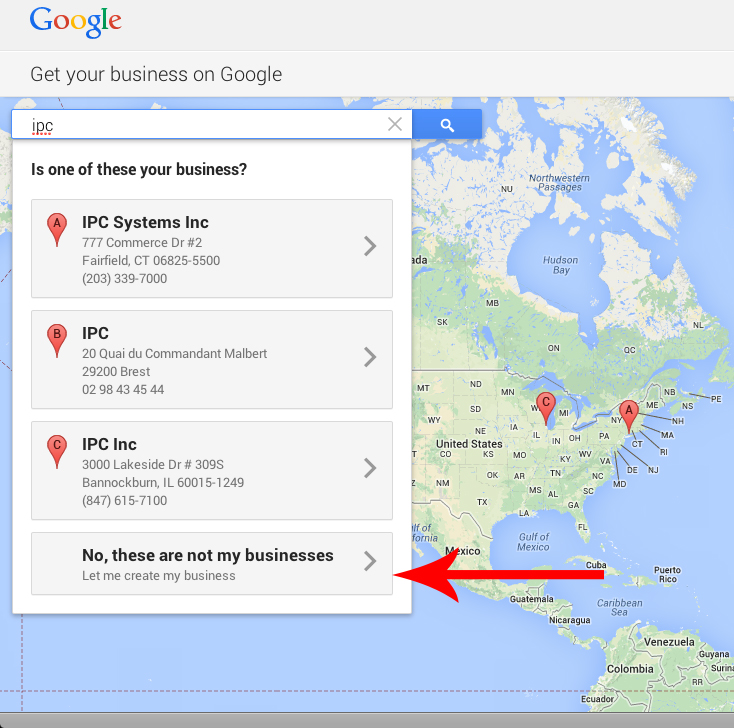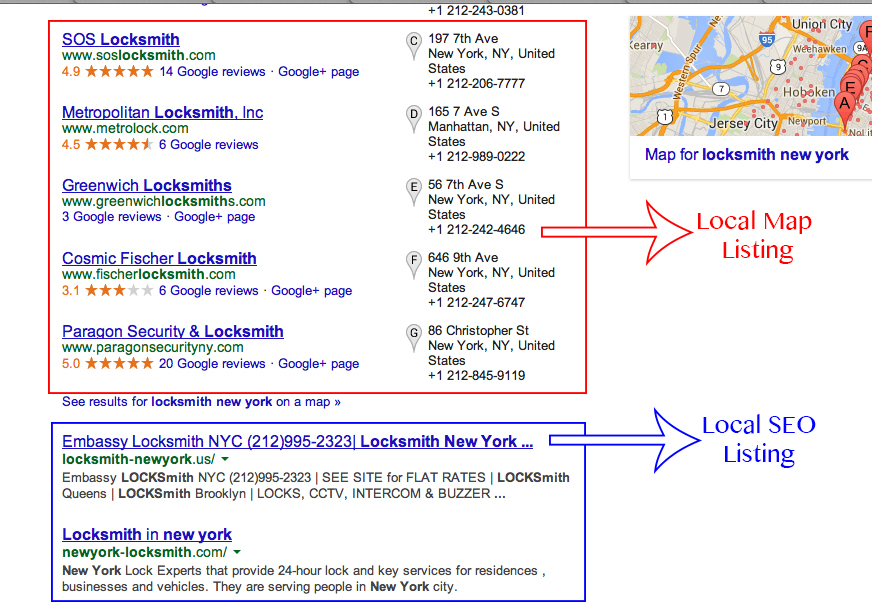SEO – the art and science of ranking highly on search engines – is ever-evolving. As we start 2014, there are many important changes that small business owners and webmasters who wish to maximize their online presence and search engine results may wish to take note of.
Since SEO began, links have been the currency of the industry. As a result, direct “Link-Building” was the mainstream method of gaining high rankings; and so commenced the creation of thousands of poorly written & designed guest posts, sponsored posts, and embeddable infographics. Since the latest and greatest Google Algorithm update – “Humming Bird” and their announcement that guest posts will be of very limited SEO value moving forwards, SEO professionals have had to reevaluate their tactics. Humming Bird is a totally new algorithm and has reinforced the need for websites to focus on the production of high quality content with greater semantic relevance being afforded to Google Authorship and features such as In-Depth Articles.
Google NOW (Google’s version of the iPhone’s Siri) has placed more emphasis on personalized and local search; whilst the restriction of keywords data in Google Analytics has created a bit of an industry headache to say the least.
Google Analytics and the (Not Provided) Keywords
Understanding how people reach your site is a crucial aspect of SEO for many reasons, making Google Analytics a must for anyone serious about SEO. In the past, you could use Google Analytics to see what people searched for, before clicking through to your website. This allowed you to understand the demand for certain products, the return on investment in terms of your SEO campaigns, and the ‘quality’ and profitability of traffic that was referred from different sources and searches. Google withdrew this data in 2013 and replaced all the keywords with “(Not Provided)”.
This was big news in the industry and caused several issues for SEO professionals and webmasters alike. To a certain extent it was rectified in January 2014 when Google reintroduced keyword reporting in Google WebMaster Tools:
You only get data for from the previous 90 days, but this is still extremely useful. You’ll need a Google account to get WebMaster Tools and Google Analytics. This URL is the best place to sign up. For wordpress.org users, go to your plugins menu, and search for Google Analyticator.
You can also glean more useful keyword data from:
- Paid Search data (if you have Pay Per Click advertising)
- Bing Webmaster tools provides full keyword data, but obviously, only from their search engine
- Google Keyword Planner and Google Trends still provide important information on search volumes
Local Search & Google Maps
With the introduction of local SEO map/business listings and Google NOW using Google’s social media website – Google+ has become more crucial than ever. Google NOW remembers a user’s location, previous searches and even YouTube viewing history to make personalized search results on people’s cell phones. To adapt to this, webmasters must recognize the importance of local map listings and set up a Google+ business page.
To create a Google+ business page go to – https://www.google.com/+/business/ and follow the steps. I found one step in the page setup slightly confusing – if you choose “local business or place” as your type of listing, Google invites you to search for your business on Google Maps, but you’ll only be able to find it if your business is already listed with Google in some way, or if you have set up rich snippets code (which most people don’t even know how to do). If your business isn’t already listed, try searching for your business name anyway, then choose “No, these are not my businesses” to get to the next stage:
 The rest of the process is pretty straight forward and should only take a few minutes to fill in. You do however need to confirm your address via phone call or postcard so that Google can be sure you are the business owner and you are located where you say you are.
The rest of the process is pretty straight forward and should only take a few minutes to fill in. You do however need to confirm your address via phone call or postcard so that Google can be sure you are the business owner and you are located where you say you are.
Authorship
Google Authorship can provide your site with more authority if used properly. It also displays a small picture of the author in the SERPs which increases click-through-rate:
You’ll need a Google+ account to set this up. The process is fairly straight forward and is outlined in my blog post. If you do write any high-quality guest posts for websites that you are familiar with (remember not to overuse this link building technique), put a link back to your Google+ page from each article, or from the author page you have on the blog/website for which you write. This will mean that all your contributions are associated with your ‘authorship’. The more linked to and shared your articles are, the more authority your authorship will possess. This in turn will influence the SEO metrics of your own domain and guest posts.
Conclusion
SEO in 2014 is still all about ‘great content’ such as relevant and interesting articles and entertaining and/or educational videos which are likely to create social shares and generate natural links online. Overall, SEO is moving toward integrated marketing campaigns and away from online-only strategies such as guest posting and embeddable infographics. If you are a small business owner, be sure to have a Google account in order to get access to programs such as Google Analytics, and create a business page to make sure that you appear on Google Local Search results. In addition, if you are creating a lot of articles on your company blog, and doing high quality guest posts, you should set up Google Authorship, and link back to Google+ account in any guest posts that you write.
I hope this article has been useful, and thank you for taking the time to read it. Many of the recent changes to SEO have been technical but this should not demotivate anyone. You can still gain high rankings and reap high financial reward for your SEO efforts without a high level of technical SEO and code.
Follow Drew on Google + today!
Photo by Eddie Codel


